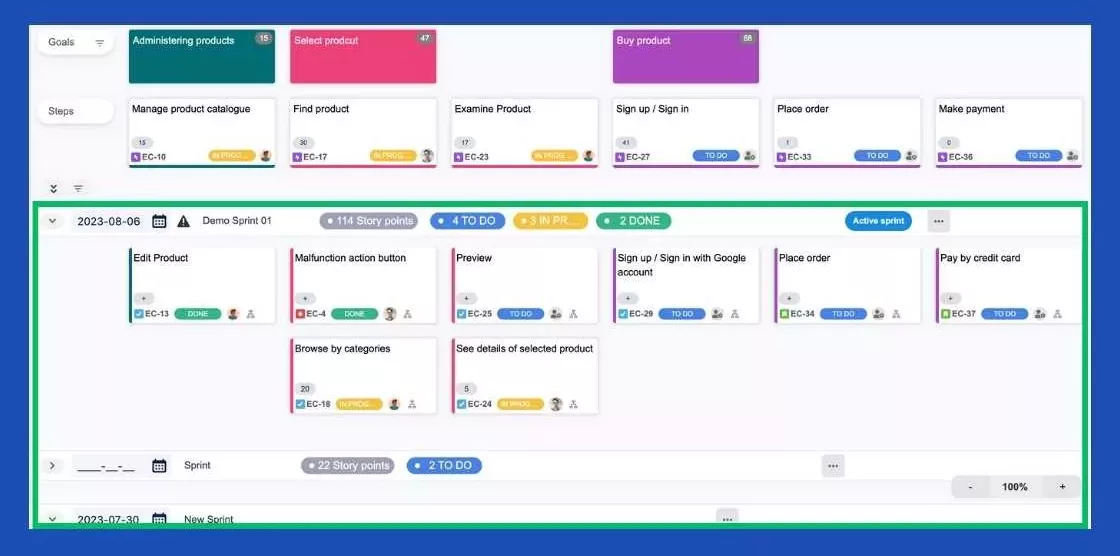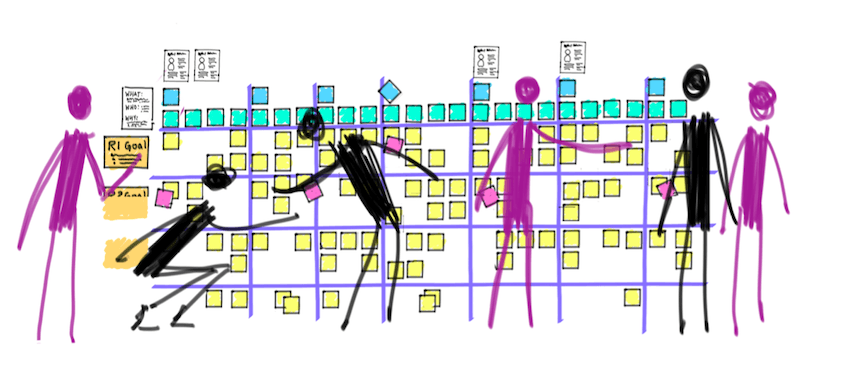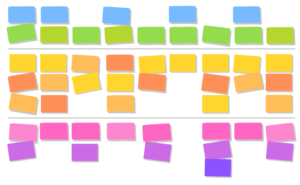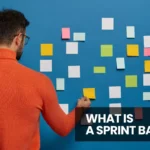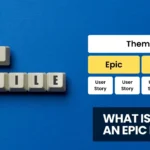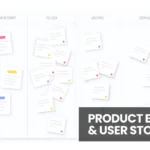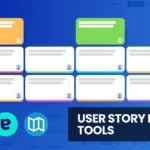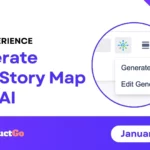User Story Mapping has become a popular user story management technique. It is an engaging activity where all participants are involved in the process of building the product backlog. To understand more about the concept please refer to this article.
In this post, I would like to introduce the steps in the story mapping process and how to do it in Jira. To enable User Story Map in Jira I use Agile User Story Maps, Roadmaps & Persona for Jira, a plugin developed by DevSamurai
Table of Contents
1. Understand user and discover their goals
The first step is to understand your user’s goals when using your product. Using the plugin you can create personas to describe your potential customers
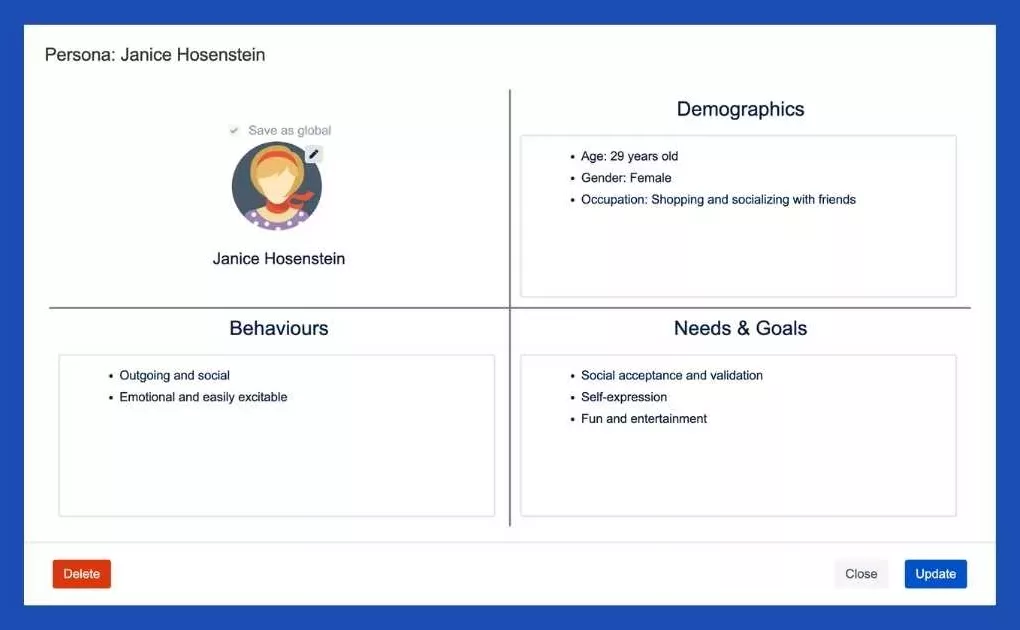
After knowing your users, you can identify their goals, in this example, my personas are users of an e-commerce platform and they have the following Goals

2. Define user journey to achieve goals
Now you have the Goals identified, this step is to define the steps to fulfill these goals. The steps make a narrative flow of the story you want to tell to your users. Here are all the steps when a user wants to “Buy a product”

To buy a product user needs to go through the flow of “Search products”, “View product details”, “Add product to the shopping cart”, and finally “Check out product”
3. Find solutions for achieving the user steps
After defining the steps, it is time to dig into details to find solutions for each step. At this step, you actually create the “user stories”
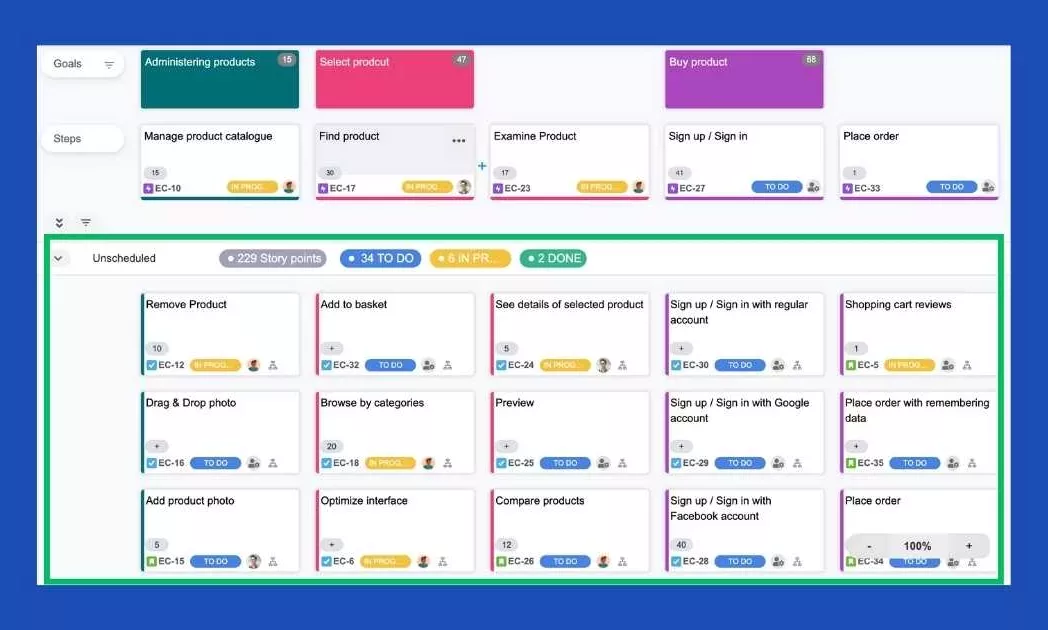
4. Prioritize user stories and product backlog grooming
Each story has priority and it may not organized properly from the previous step, The product owner can refine and re-organize the stories at this step. Drag and drop higher-priority stories to the top of the board. Not only stories but also reorganize the story flow by mapping the steps or goals.
5. Plan development
Create a development plan using release or sprint to complete the user’s journey. Start with common and easy-to-implement tasks first, and organize other stories in swimlanes by release or sprint for future implementation
